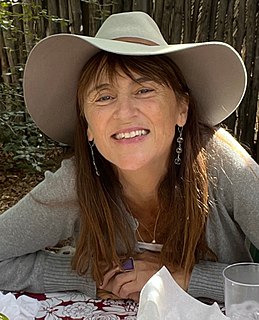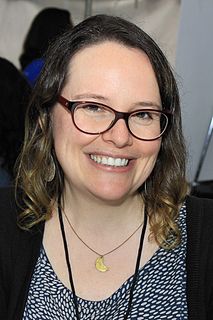A Quote by Santiago Calatrava
A first building is like a first novel, it is always autobiographical.
Related Quotes
I got my first real job, one that didn't involve wearing a hairnet or bending over the hood of a wet car with a towel in my hand, in the early '90s working for CBS Records. While there, I started my first of several rock bands and eventually wrote my first book, the semi-autobiographical novel, 'Don't Sleep With Your Drummer.'
When I wrote my first book, 'The Tennis Party', my overriding concern was that I didn't write the autobiographical first novel. I was so, so determined not to write about a 24-year-old journalist. It was going to have male characters, and middle-aged people, so I could say, 'Look, I'm not just writing about my life, I'm a real author.'
If I can give a young author any advice, whatsoever, never let anyone announce the film sale of your first novel. Film rights are sold to almost every novel, but it shouldn't be the lead story in your first engagement with the press. Then you end up getting reviews like "a novel made for the screen" and things like that.
It's more like I write multiple first drafts, handwritten. So with my first novel, I wrote whole drafts from different points of view. There are different versions of that novel in a drawer on loose-leaf sheets. I won't even look at the first draft while I'm writing the second, and I won't look at the second before writing the third.







































